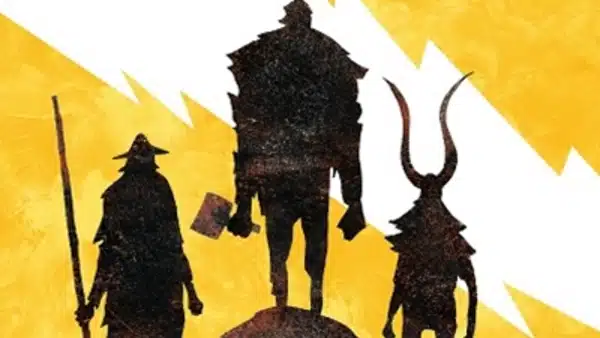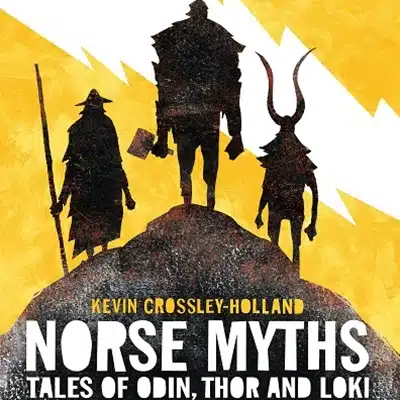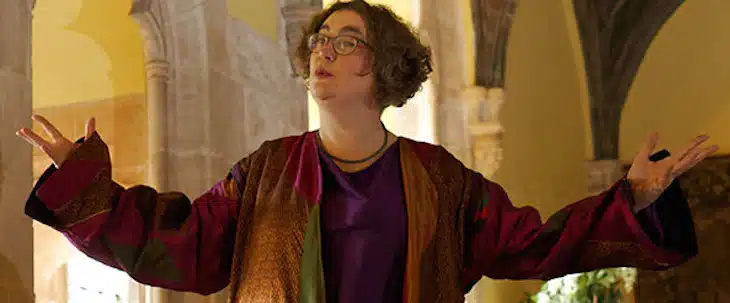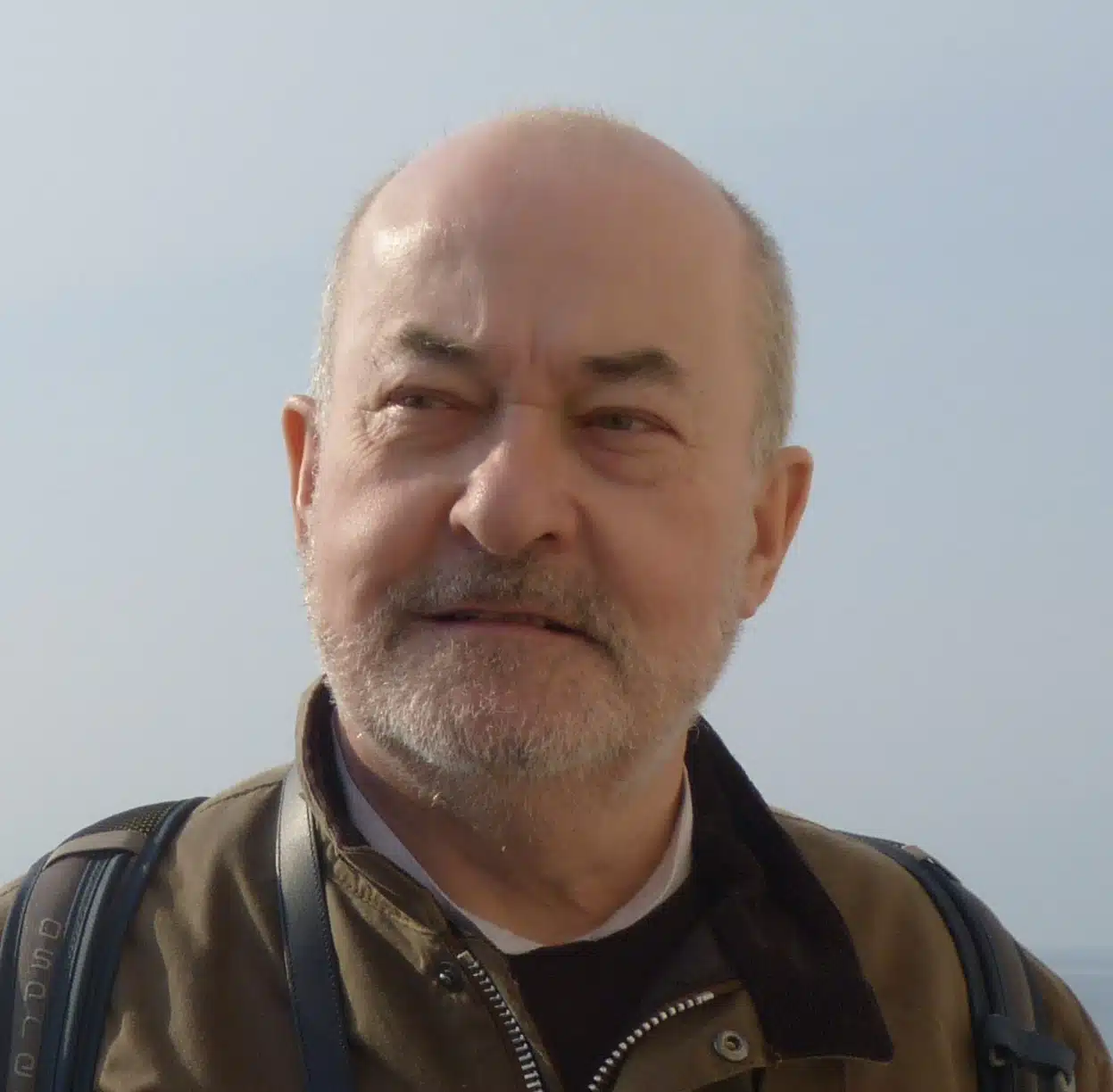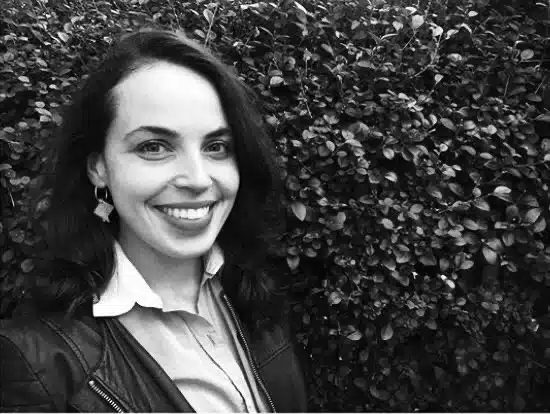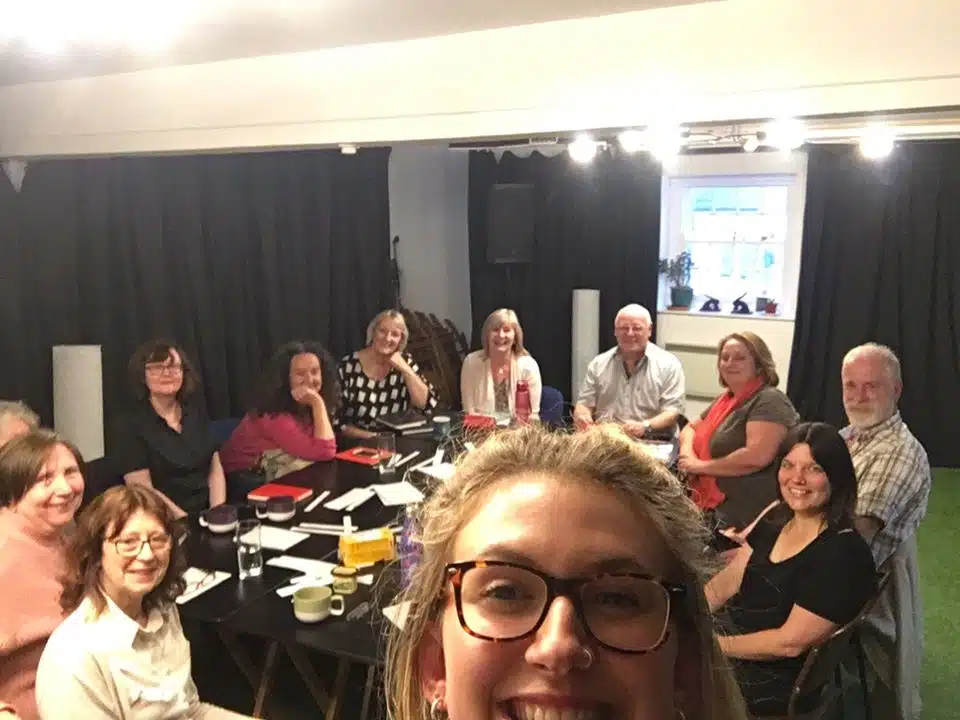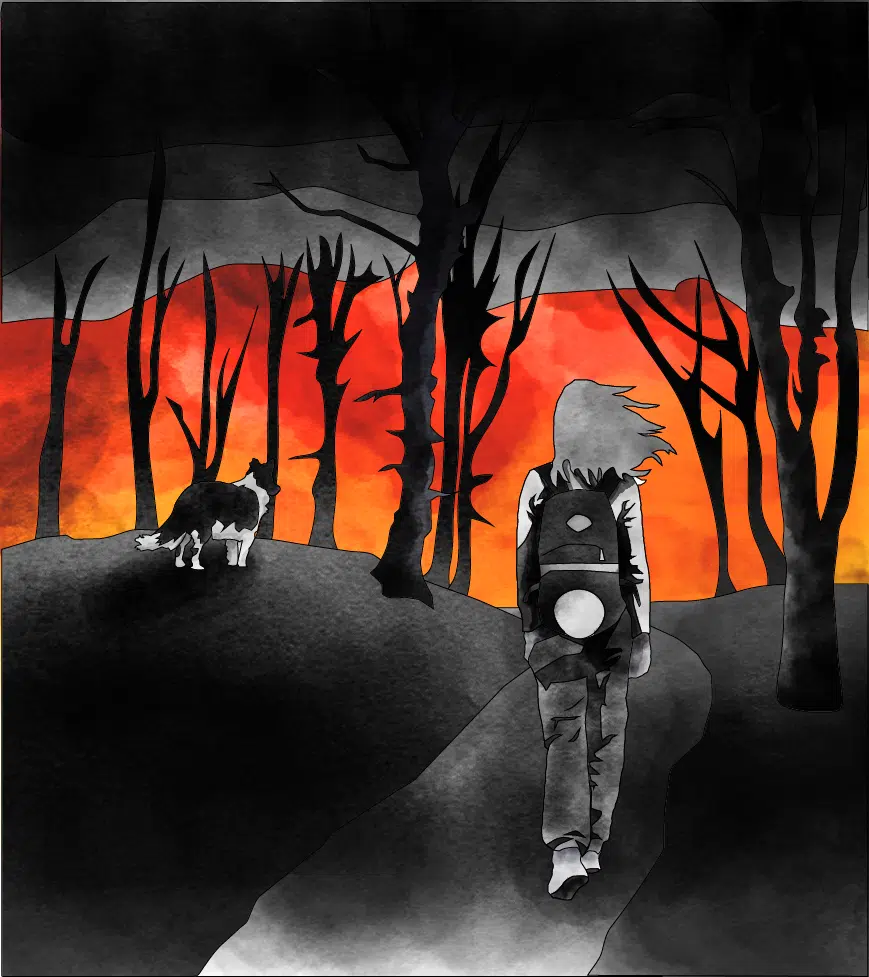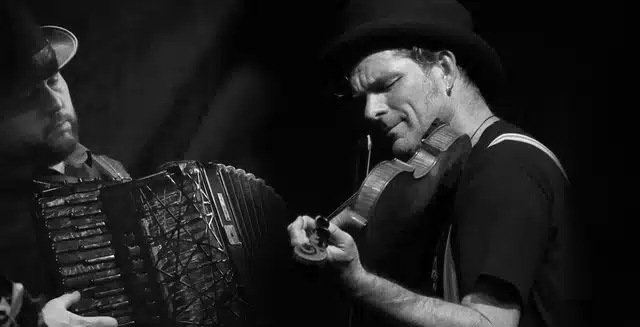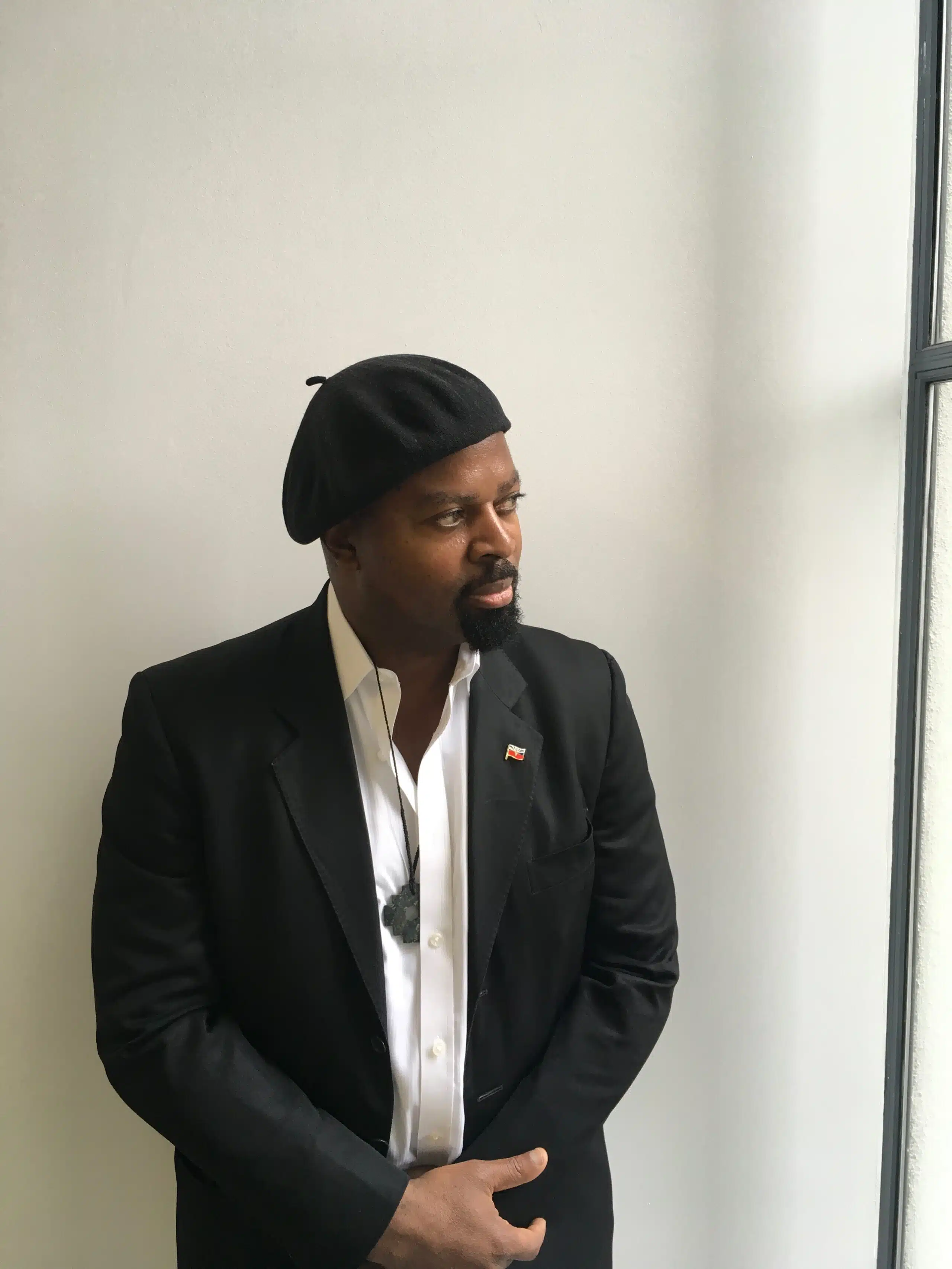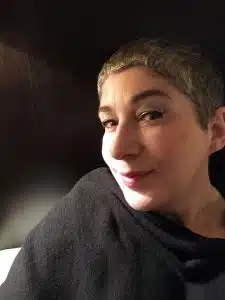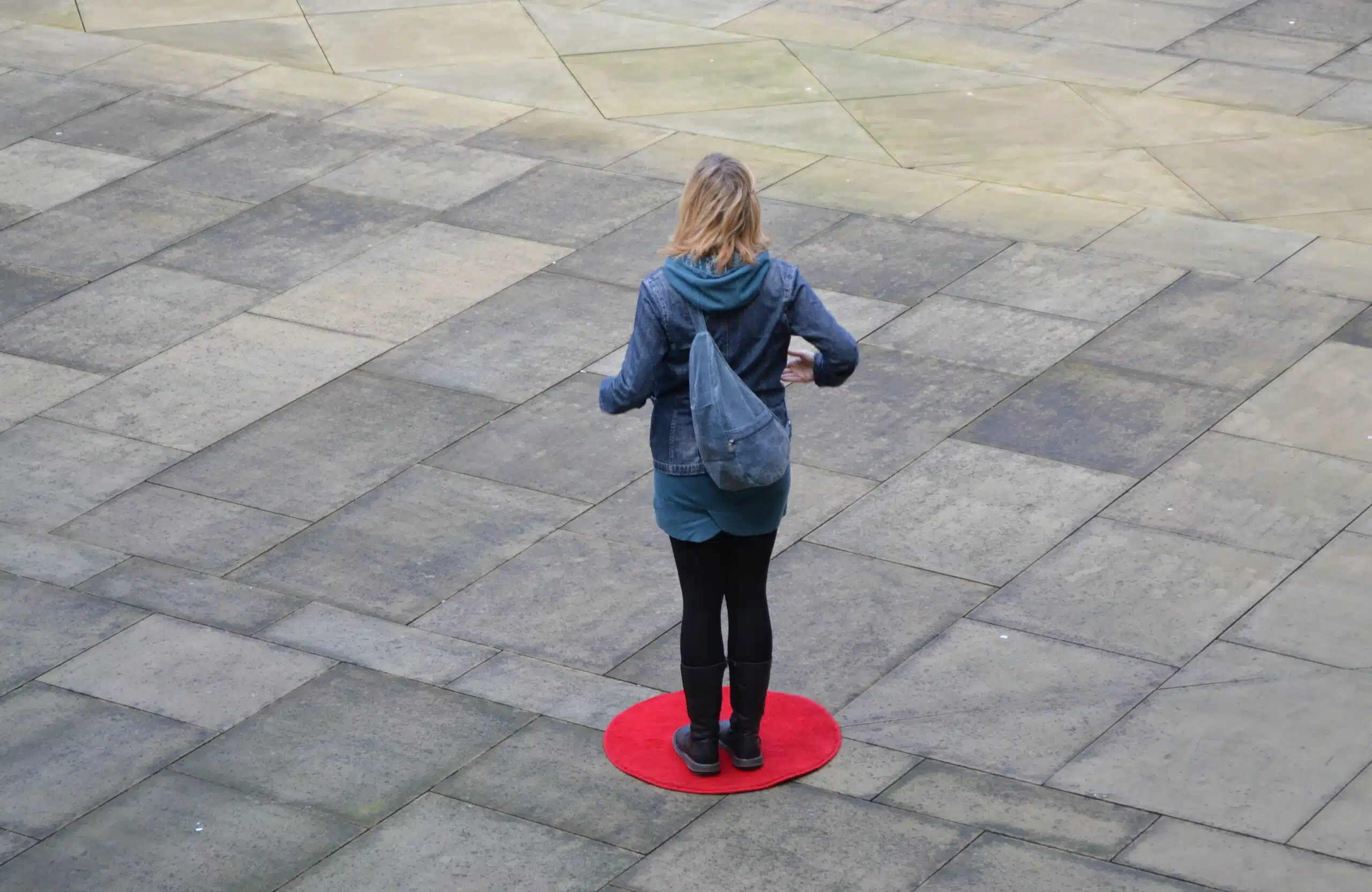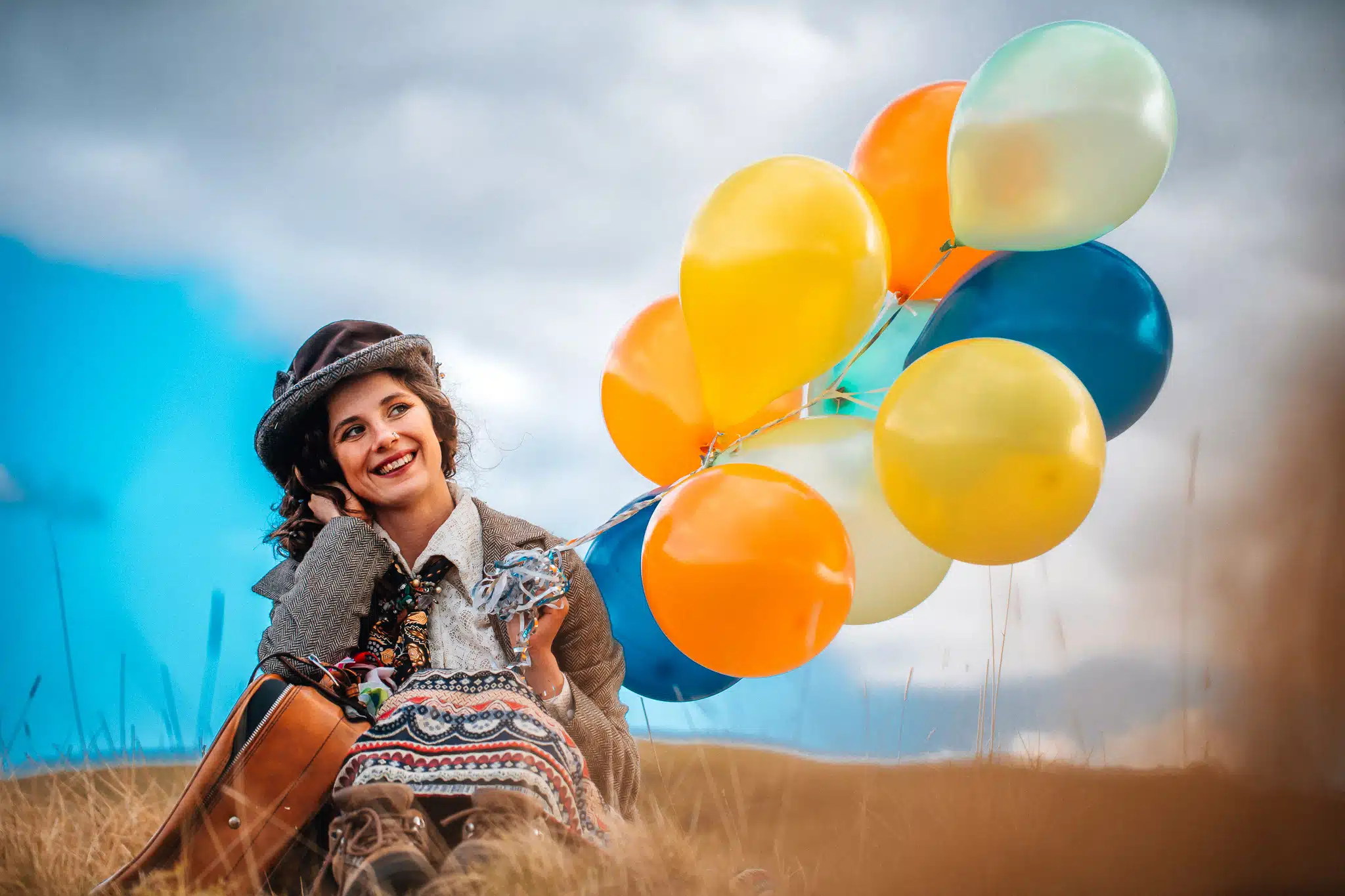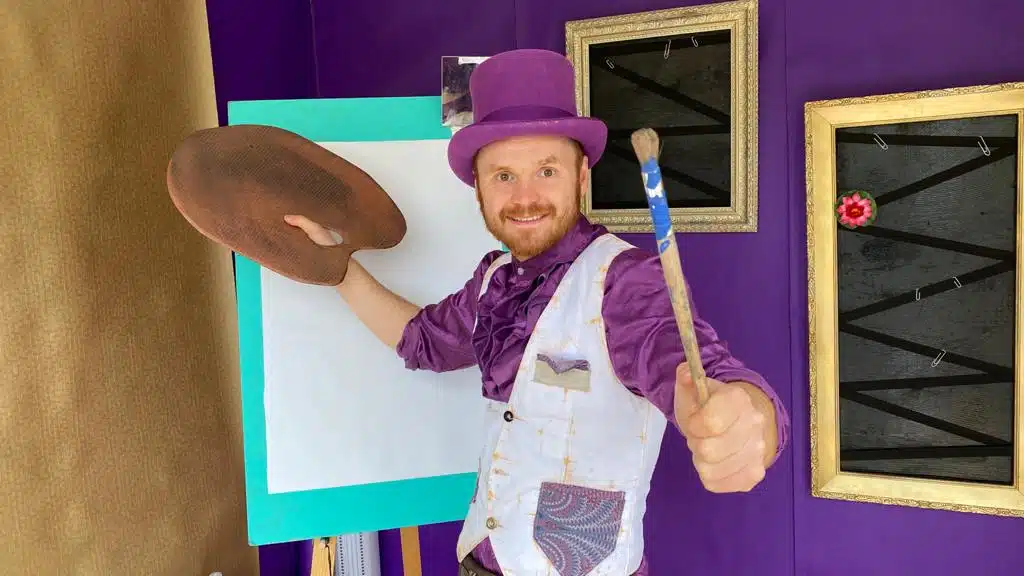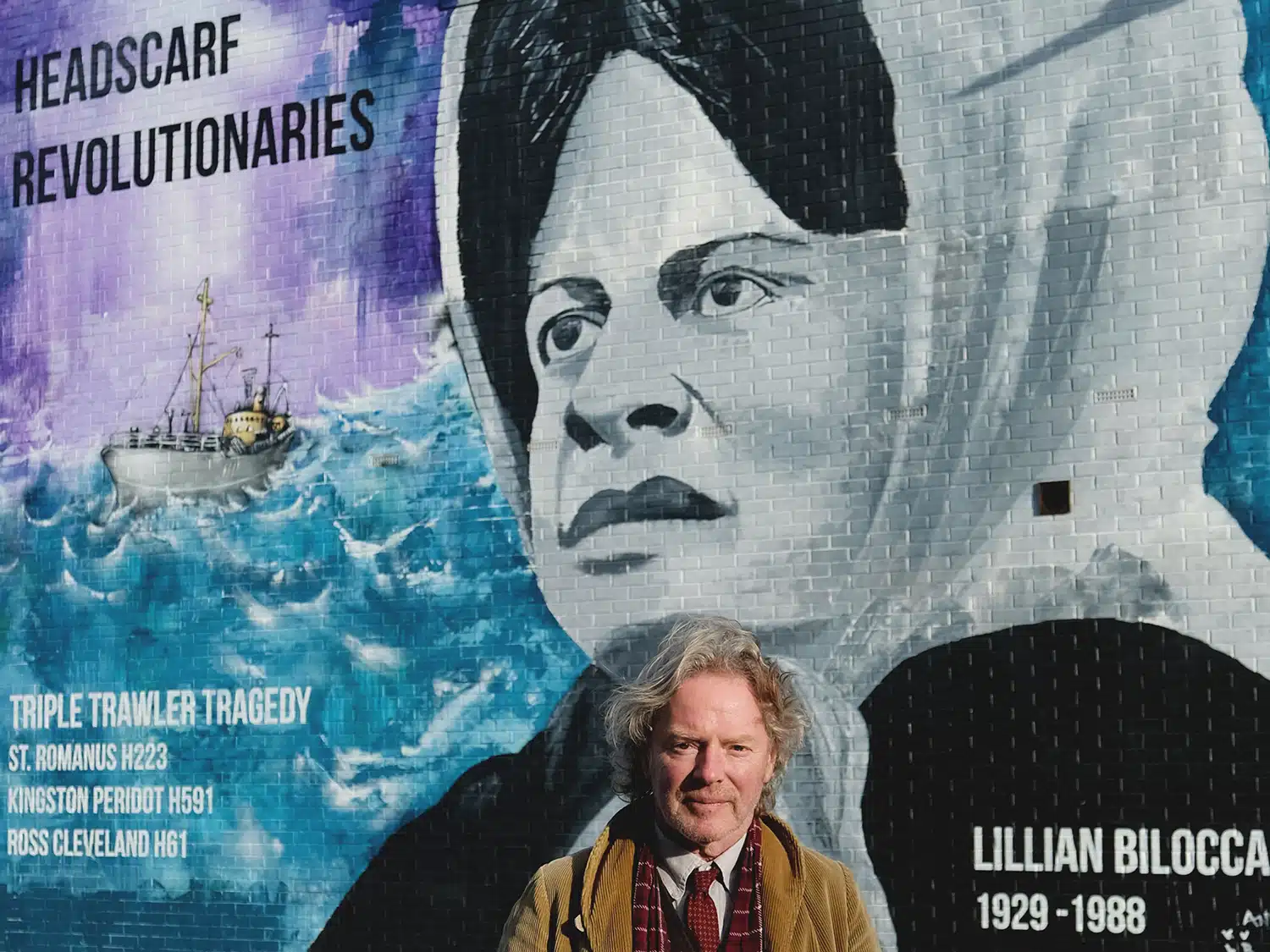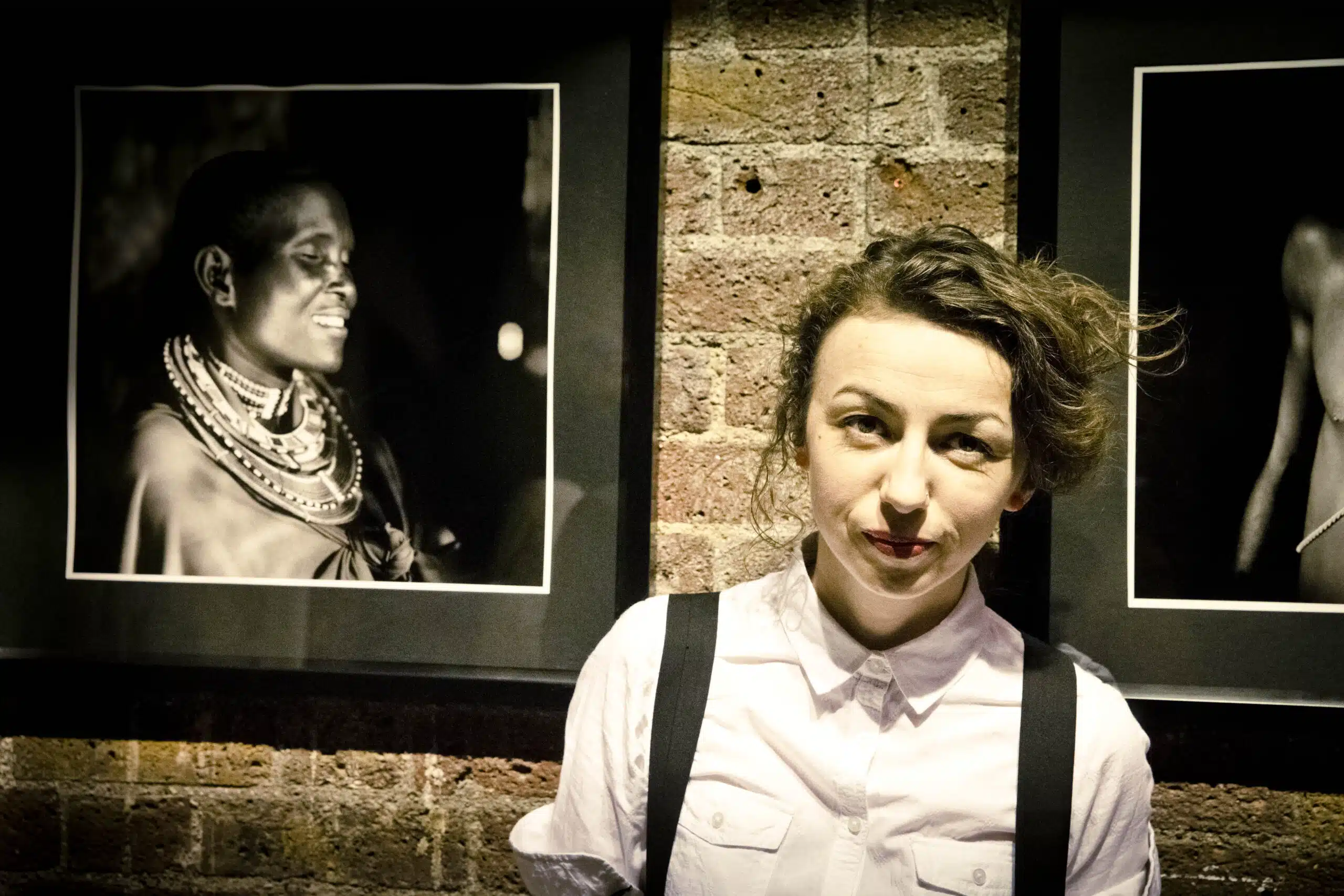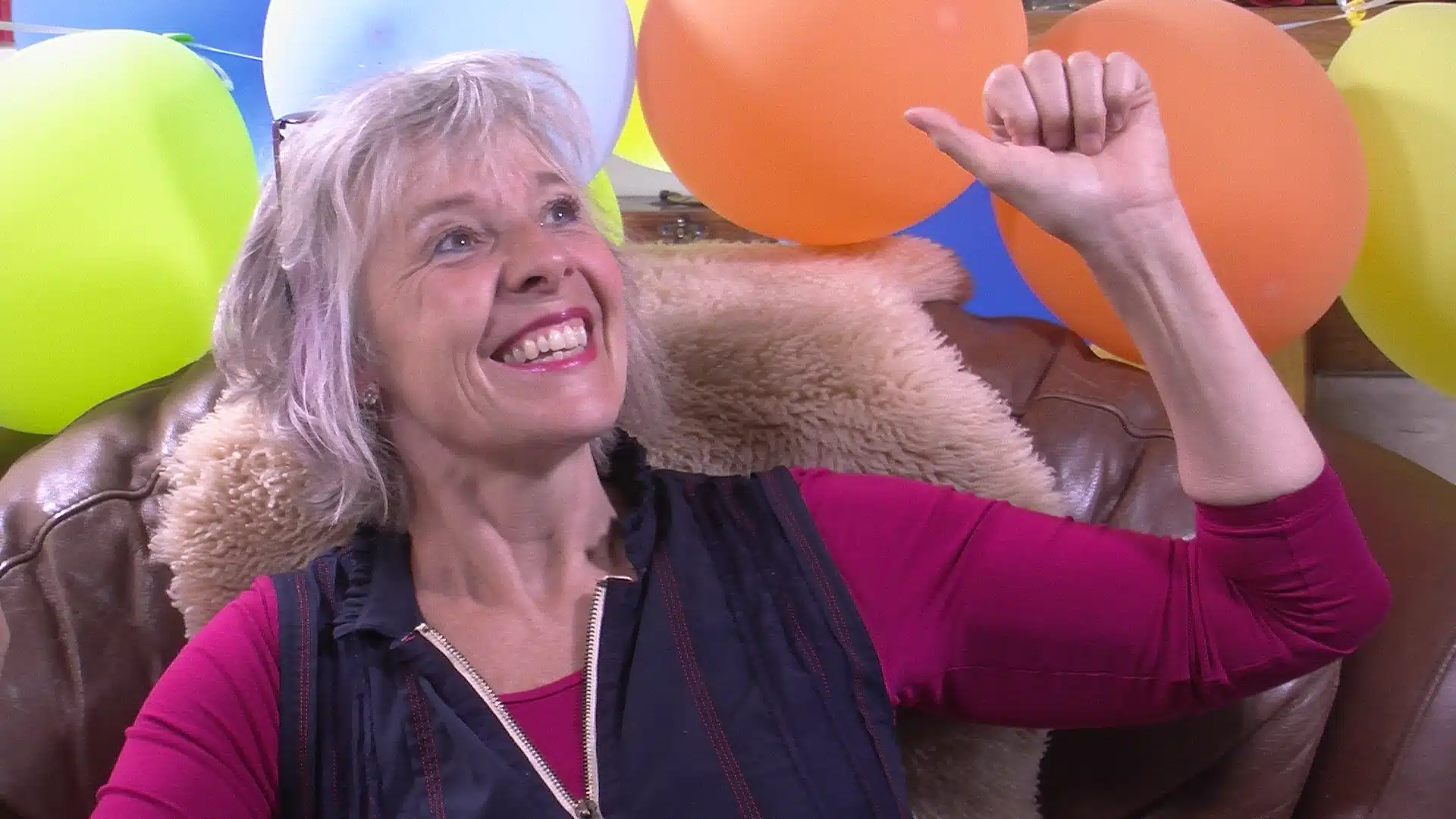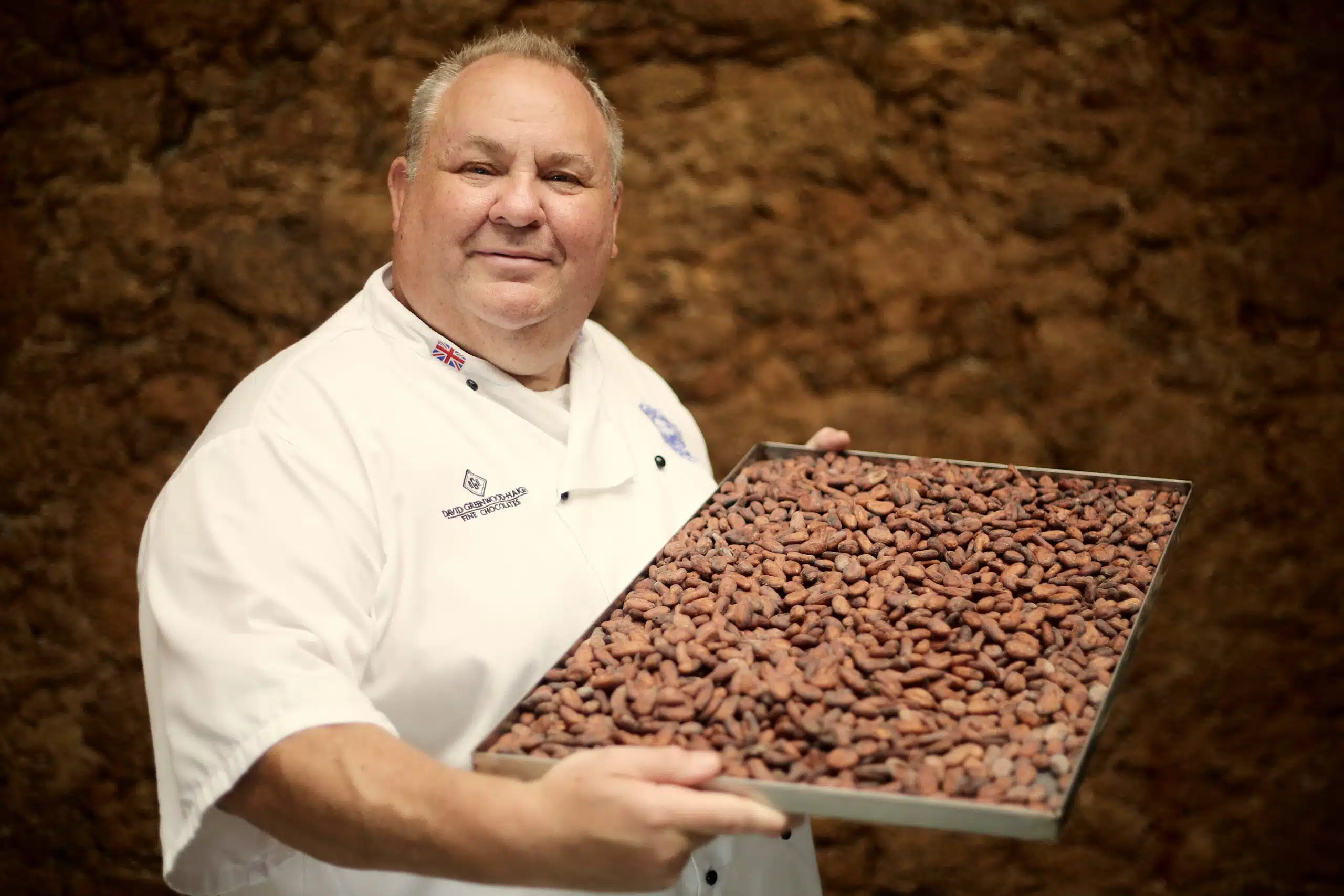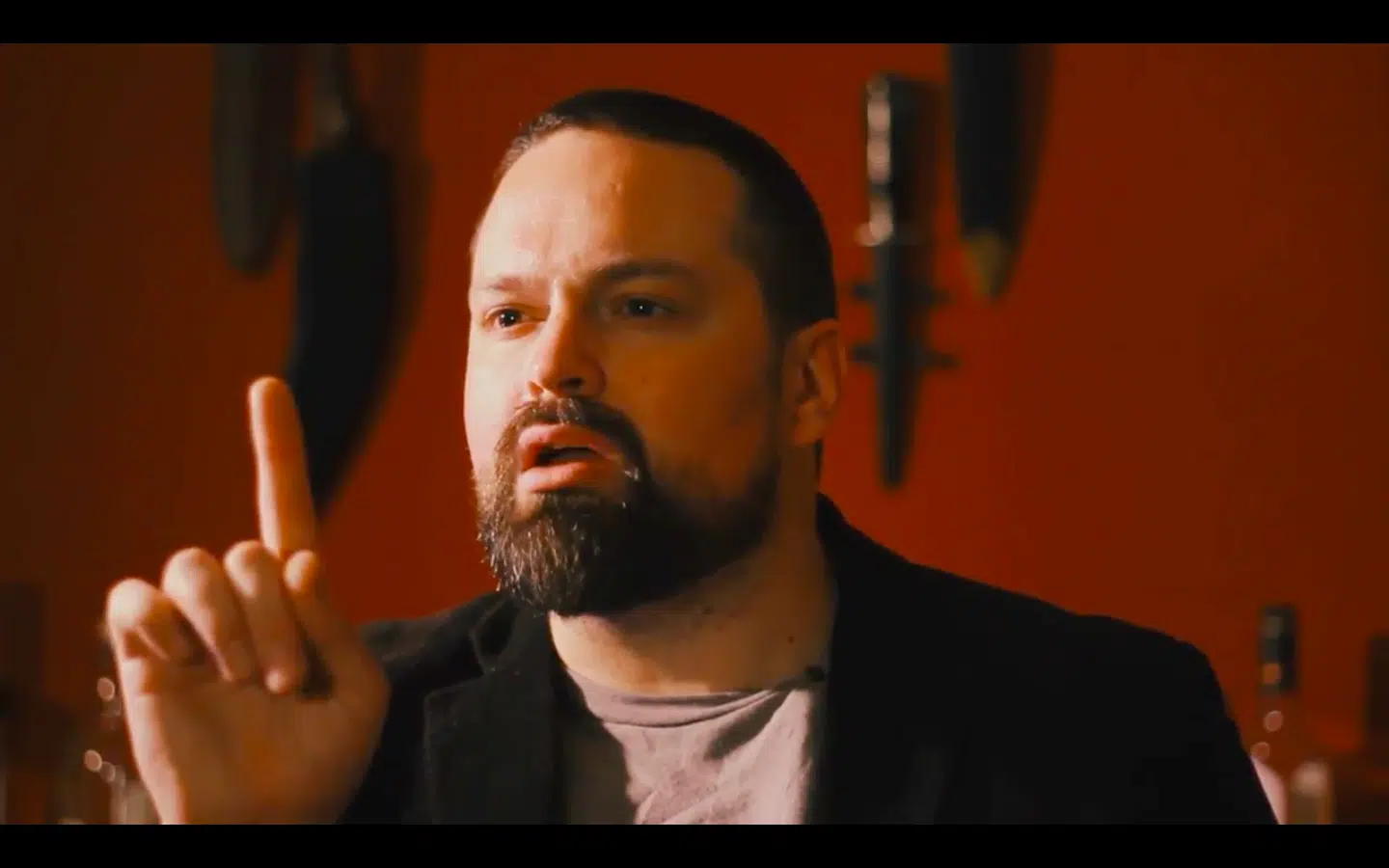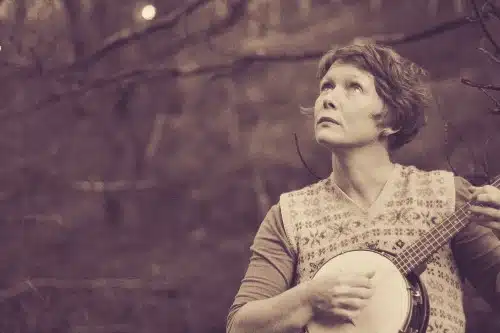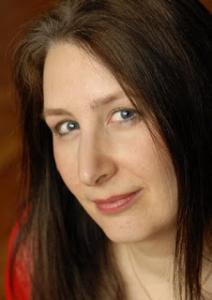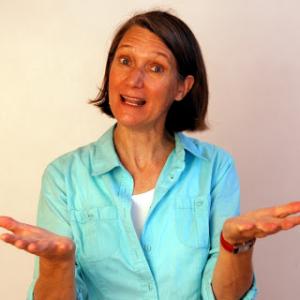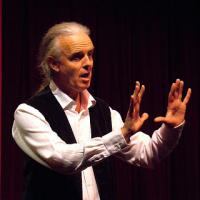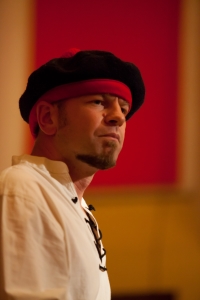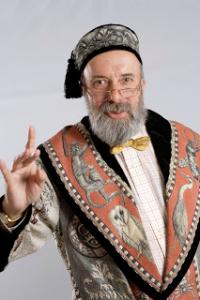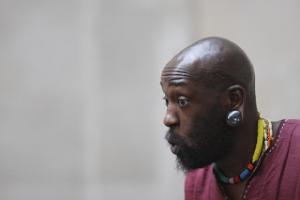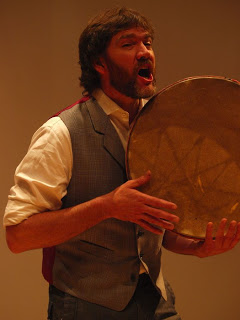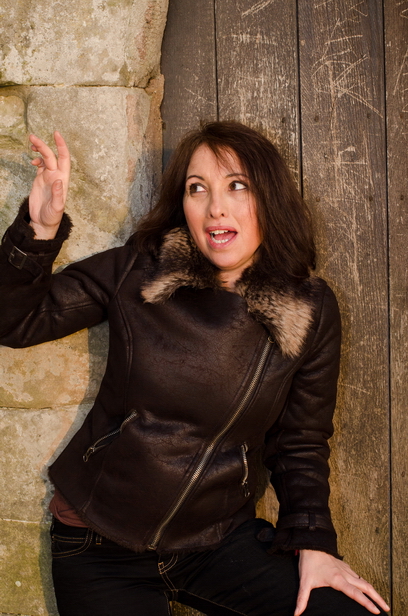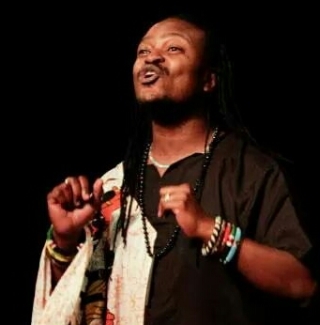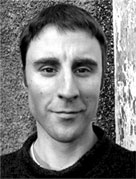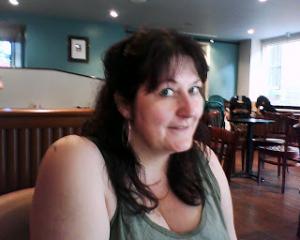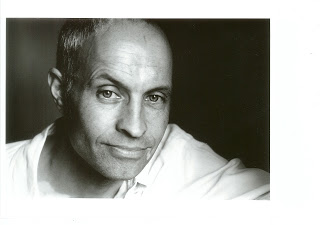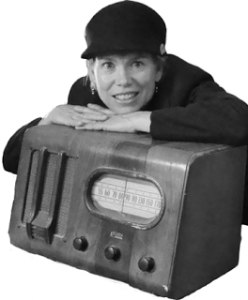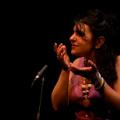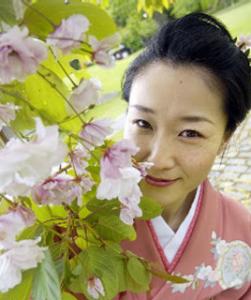Blog written by Emma Willingham
| This month, Yorkshire Festival of Story is streaming award-winning author, poet, and translator, Kevin Crossley-Holland into our homes to talk about his world of traditional tales. While best-known for his award-winning Arthur series, Kevin has also tackled Norse myths and the forest of folktales of Britain and Ireland. |
We were able to catch up with him on the importance of tales and literacy, and how he dusts off ancient legends to bring them to life in the modern world ahead of his event (which you can stream for free), The Magical World of Traditional Tales.
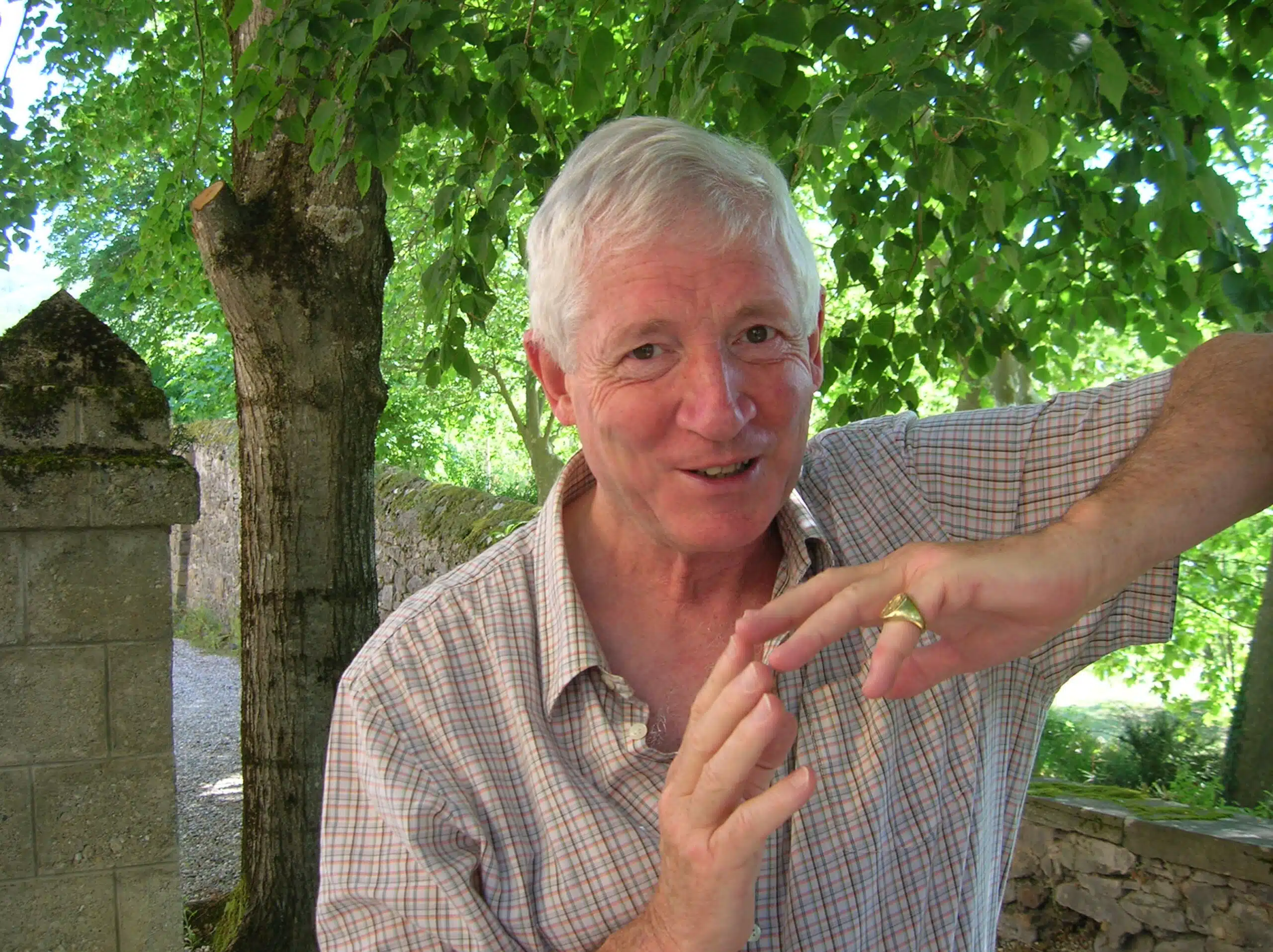
Your keen interest in legends is evident. To the layman such as myself these are known as tales, but in their own local area they can be considered real folklore. Have you explored re-interpretations of tales and would you fancy tackling them yourself?
I think that over 40 to 50 years of retelling tales, reinterpretation has mattered less than understanding what the first recorded version of the tale said and translating that into vibrant modern English. Anyone approaching the vast forest of folktales to do so has five responsibilities:
- To familiarise oneself with the world of traditional tale.
- To gain some knowledge of the culture from which your chosen tale comes.
- To understand the chosen tale; go back to the first telling and understand what it meant to the original audience.
- To craft one’s language as a writer.
- To understand one’s audience.
My response is classical, rather than appropriating stories. On the whole, mine has been a matter of retelling rather than re-interpreting.
Legends and folklore can have a great sense of right and wrong. Particularly when transforming these into stories for children, how do you navigate morality?
To my mind, they almost invariably have a great sense of right and wrong. As do children. Folktales are rapid, direct, don’t psychologise but move quickly from A to Z, and have sharply defined characters. They are, on the whole, very simply told, so their essentials need little reshaping and are ideal for children.
Have you come across any red flags?
There are always going to be a few no-go areas when writing for children. The sheer cruelty of a few stories is something you have to soften or avoid. But it seems to me there isn’t much children don’t know.
Really, it comes down to cruelty and intolerance. I think it’s about selecting stories to do with equality. You can do a little in your own way as a writer to address those balances and it is your job to do so.
I understand your work with the School Library Association emphasises the importance of literacy and what people can do to gain national and community awareness. Would you say this is even more important following the aftermath of COVID-19?
The marketplace is absolutely thronged with people offering opportunities and trying to drum up money. I know the SLA is having to launch new ideas to think of ways to generate interest and income. Literacy and related subjects have always had quite a hard job of it, and the closure of public libraries makes things more difficult.
But, I do think everyone is at the stage of working out priorities. It is a time of consolations and deprivations and most people are working out their own priorities.
It’s interesting to see what people are doing at a local level. There is a buzz and a fizz of energy around those things. Many of us have wider reputations, but I have found what has mattered most to me over the last few months is my own community in North Norfolk. Writing poems that are a pen portrait of this place are bound to matter most to the people that live here. Whether they’re better or worse as poems is another matter.
How much of it will be immortal, we don’t know. But out of it comes a certain kindness and concern for the people in your own patch. And that’s good!
In your previous work as an editor, I understand you have met some resistance from writers when suggesting changes to their work. How do you support individuality of the writer?
I was a publisher for quite a while, and you develop an eye for what a writer’s strengths and weaknesses are likely to be. Sometimes your advice is water off a duck’s back. I edited for the great Welsh poet, R. S. Thomas. He replied: “Dear Mr Crossley-Holland, I have read your comments on my poems with interest, but I prefer to keep my poems as they are. Yours sincerely, R. S. Thomas.” Some people are absolutely the other end. I tried to work imaginatively; it’s about getting to the truth of the matter.
You’re always on the look-out for someone who is being truthful to themselves and to hell with what people think about it – and it’s about backing them to do that.
Am I right in thinking that when reviewing your own work, you prefer to revise repeatedly? If so, how do you know when you are done?
You are right, I revise, I revise and I revise. I am very parsimonious about letting things get into my writing. When I do workshops with kids, once they’ve propelled themselves into the writing, I question what they can cut. Things always become invariably sharper by virtue of cutting. Folktales reveal through action, rather than treading in the marsh of emotion.
Do you have any advice for those who are wanting to use their words and power of storytelling to help people?
I think choosing stories about equality, or reinterpreting stories so they become about equality, really matter. Stories to do with hope, friendship and laughter – I suppose you could say these are to help people, and why not? It’s to write stories about confidence, managing something that one never thought one could manage before, overcoming odds, overcoming the resistance within oneself. As an adult writer, you’re trying to help kids make sense of the world around them.
What is the legend of Kevin Crossley-Holland that you would like people to remember?
I’ve never been able to find who said this, but it was said about King Alfred:
“He wanted to find out.” That, to me, suggests a curiosity, an eagerness about people, the animal world, the natural world around him. Restless, hopeful, persistent, and stubborn.
If I began to echo that kind of attitude, that would be okay. And of course, that I loved my family and many friends, and that I hoped I’d written at least a few poems that would outlast me!
If you, too, are wanting to find out, you can book onto Kevin’s free events here:
The Magical World of Traditional Tales
Saturday 8th August @ 10:30 am – 11:30 am
Travellers’ Tales from Across the Globe
With Ben Okri OBE and Joanne Harris MBE – Saturday 15th August @ 7:00 pm – 8:00 pm:


